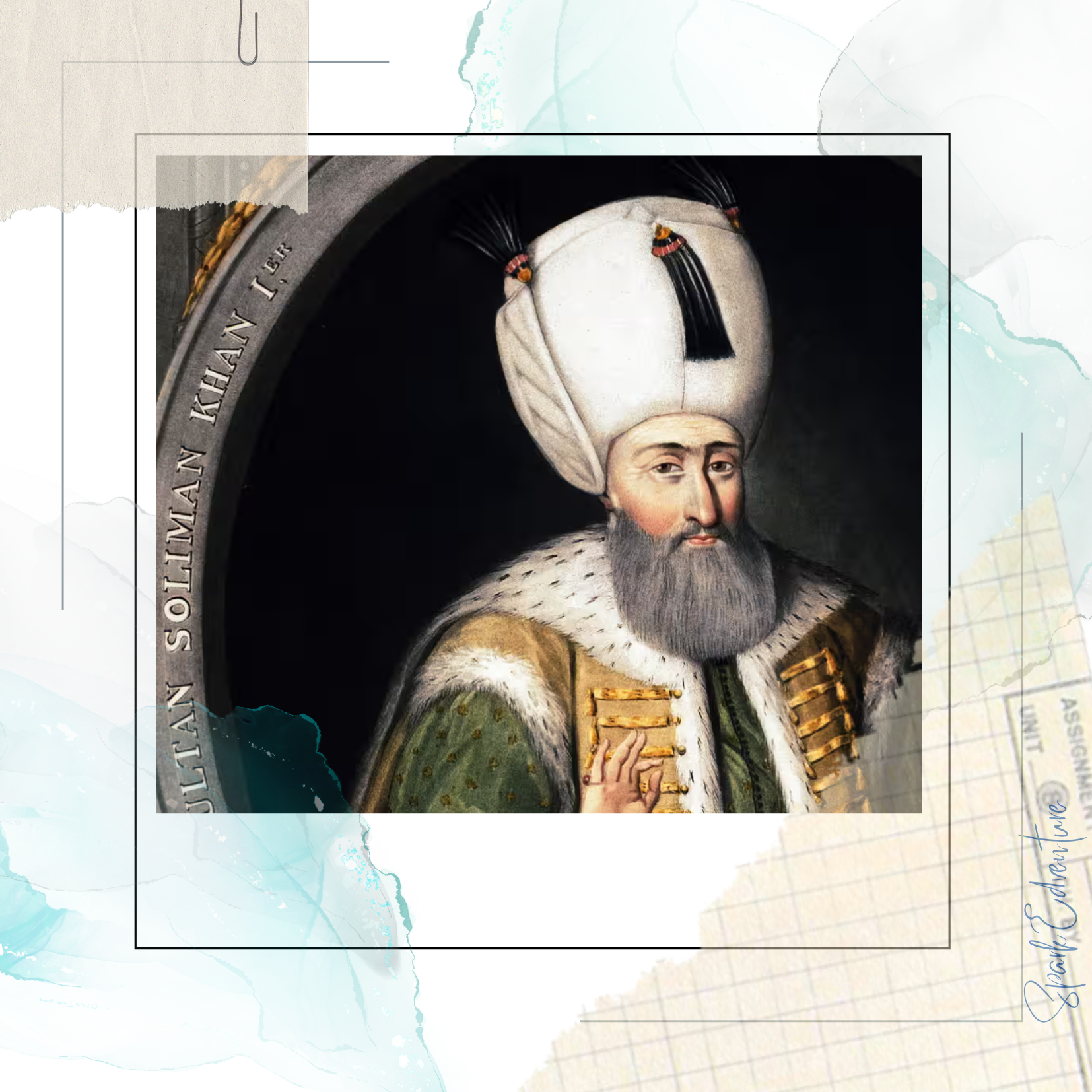
The Mongol Empire
At its height, the Mongol Empire was the largest contiguous land empire in history, stretching from the Pacific Ocean to Eastern Europe. Founded by Genghis Khan in 1206, it reshaped Eurasia through conquest, innovation, and exchange. The Pax Mongolica brought stability to the Silk Road, enabling unprecedented trade and cultural interaction. Despite their fearsome reputation, the Mongols fostered scientific advancement, religious tolerance, and international diplomacy—legacies that continue to shape our world today.

The Ottoman Empire
The Ottoman Empire was a vast and enduring power that shaped the course of history across three continents for over 600 years. From its beginnings as a small Anatolian principality under Osman I to its peak under Suleiman the Magnificent, the empire combined military strength with administrative innovation and religious tolerance. Its strategic location controlled key trade routes between Europe and Asia, while its diverse population lived under a system that balanced local autonomy with imperial authority. Despite challenges and eventual decline, the Ottoman legacy remains deeply woven into the culture, politics, and history of the modern Middle East, Europe, and North Africa.
